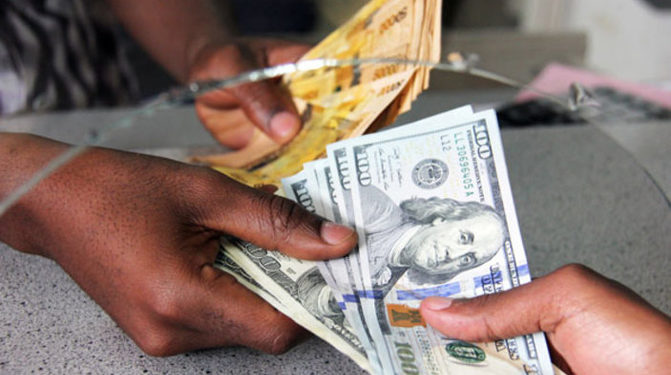The shilling remained strong against the dollar and continued to buoy within the 3715 – 3730 levels by the end of the week driven by healthy inflows from offshore parties who participated in the Treasury bond auction last Wednesday, an Absa report said.
“Mid-month corporate taxes are being remitted this week, which is also the last tax remittance cycle for this financial year and may have an impact on demand.
Likely trading ranges this week is within the 3715 – 3760 levels with expected pick-up in demand after the tax cycle,” Kijjaggulwe said.
Money Markets remain liquid with overnight ranging within 4.50% – 6.50%. We have a Treasury bill auction with sh145b on offer this Wednesday that is likely to be well subscribed with currently lower Repo rates since the MPC cut CBR by 100bps last week.
Bank of Uganda held a two-year and 10-year bond auction last Wednesday that was heavily oversubscribed and saw yields clear at 13.500% and 14.750% respectively.
The Kenya shilling has been range-bound for the past few weeks with balanced demand and supply. It bottomed out at 106.30 and topped out at 106.95 before correcting to close at 106.40/106.60 last week. Expect the pair to remain within 106.00 – 107.00 range in the short term.
The British Pound has entered a short-term recovery phase over the course of the past 24 hours, thanks largely to a bounce in global stock markets in the wake of a fresh U.S. Federal Reserve stimulus and reports of fresh momentum being injected into trade talks between the EU and UK.
The UK and EU took a step closer to securing a trade deal following a high-level meeting between UK Prime Minister Johnson and senior EU officials, with Johnson saying the prospects for an accord are “very good.”
Both sides acknowledged there would be no extension to the current transition period, while committing to a series of face-to-face intensive negotiation rounds in July.
Fears of a second wave of COVID-19 are adding jitters to the market, as Beijing entered partial lockdown following a cluster outbreak of the disease.
Bianca Botes, executive director at Peregrine Treasury Solutions said that the South African rand remains under pressure, while the new outbreak fears will likely cause the unit to test a break weaker, towards the R17.30/dollar mark.
This has been echoed by international analysts who warn that a second wave of outbreaks could hit everything from commodities to emerging markets.









